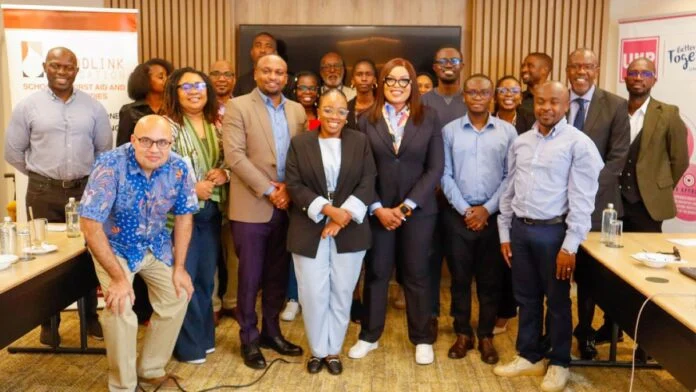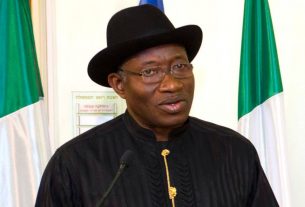From August 26 to 28, the Kenyan capital is hosting a training program. “Fundraising for African Nonprofits” is the name of this ambitious initiative, which brings together NGO leaders, fundraising professionals, and policy experts from across Africa.
Across the continent, civil society organizations are facing a storm: drastic cuts in foreign aid, a shift in the priorities of traditional donors, and increasing demands for accountability. This combination of factors is pushing many African NGOs, which have been accustomed to relying on external funding for decades, to fundamentally rethink their business models.
“Our organizations are often expected to deliver world-class results with limited resources,” explains Joseph Wang’endo, senior technical officer at Africa CDC and founder of the Bloodlink Foundation. This reality, shared by thousands of development actors across Africa, illustrates the urgent need for a revolution in funding approaches.
Intercontinental collaboration in the service of Africa
The originality of this initiative lies in its exceptional collaborative dimension. Impact Africa Consulting Limited (IACL) has brought together world-renowned institutions around this project: the Lilly Family School of Philanthropy at Indiana University, the Center for African Philanthropy and Social Investment (CAPSI) at Wits Business School, the Bloodlink Foundation, and United Muslim Relief (UMR).
This convergence of expertise enables a unique approach, combining international best practices with the specificities of the African context. “This program is about positioning African NGOs for the future,” says Dr. Shariq Siddiqui, director of the Muslim Philanthropy Initiative at Indiana University and lead trainer. “It combines global evidence with regional realities to help organizations move beyond short-term fundraising.”
Unlike traditional academic training, this program takes a decidedly practical approach. Participants don’t just listen to lectures; they immerse themselves in interactive sessions, simulations, and case studies that accurately reflect the daily challenges faced by African NGOs.
Oscar Kimaro, representative of Tanzania’s Private Agricultural Sector Support Trust, attests to its relevance: “Competition for grants is incredibly high, and many solid initiatives remain unfunded. This program will show us practical ways to position our organizations for success.”
A necessary paradigm shift
Dr. Edward Mungai, senior consultant at IACL, is clear about the ambition of this training: « Our goal is not only to transfer skills, but also to build institutional resilience. African NGOs must stop chasing grants and instead develop fundraising approaches that support long-term growth and impact. «
This vision implies a radical change in mindset. It is no longer a question of adapting to the whims of international donors, but of developing the capacity to mobilize diverse resources: local philanthropy, partnerships with the private sector, financial innovations, and crowdfunding mechanisms.
Daniel Oluwasola, a Nigerian participant in the One Life Initiative, sums up the general expectation: “This training gives us the skills and strategies to compete more effectively for grants and secure the resources we need to keep our programs alive and growing.”
These testimonies reveal a continental awareness: the time for passive dependence is over, and active empowerment has begun. African NGOs want to write their own development story, with their own resources and according to their own priorities.
Towards a new era for African civil society
The closing conference, scheduled for Thursday, August 28, and led by Dr. Edward Mungai, will bring together panel discussions, case studies, and regional perspectives from leading experts, creating a space for synthesis and looking ahead to the future.
The stakes go far beyond the scope of this three-day training. The aim is to catalyze a continental movement towards financial autonomy for the African NGO sector. Participants will leave Nairobi with a renewed vision of what an authentically sovereign African NGO can be.
Africa seems ready to write a new chapter in its NGO history, a chapter in which it will be the author of its own development.



